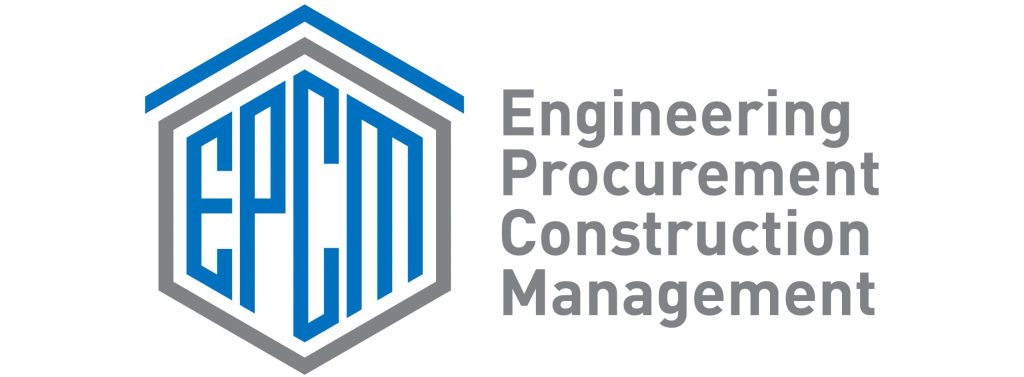Introduction
In the rapidly evolving world of engineering, accessing the right expertise at the right
time can be the difference between project success and failure. Remote engineering
consultancy has emerged as a powerful solution, enabling firms to tap into global talent
pools and obtain specialized knowledge without geographical constraints. This post
explores the advantages and methodologies of incorporating remote consultancy into
project workflows.
The Shift to Remote Engineering Consultancy
The shift towards remote work has been accelerated by technological advancements
and a growing emphasis on work-life balance. In this context, remote engineering
consultancy offers a flexible and efficient model for accessing expert advice and
services. This approach not only expands the talent pool but also facilitates quick
adaptation to project needs and market changes.
Advantages of Remote Consultancy
Engaging with remote consultants provides several key benefits, including cost savings
on travel and accommodation, access to a wider range of expertise, and the ability to
scale services up or down based on project requirements. Additionally, it supports a
more agile project management approach, allowing teams to respond swiftly to new
information or changes in project scope.
Key Technologies and Tools
Effective remote consultancy relies on a suite of technologies and tools that ensure
seamless communication and collaboration. Video conferencing platforms, cloud-based
project management software, and secure data exchange protocols are essential.
Advanced tools such as AI-powered analytics and machine learning can further
enhance decision-making and efficiency, providing insights that might not be accessible
through traditional methods.
Best Practices for Integrating Remote Consultants
To maximize the benefits of remote engineering consultancy, it's crucial to adopt best
practices that ensure smooth integration and collaboration. Clear communication
protocols, regular updates, and well-defined roles and responsibilities are foundational.
Moreover, investing in technology that facilitates real-time collaboration and data
sharing can significantly improve outcomes.
Conclusion: The Competitive Edge of Remote Engineering Consultancy
In an industry where innovation and efficiency are paramount, remote engineering
consultancy offers a competitive edge. By embracing this approach, companies can
access the best talent, adapt quickly to changes, and deliver projects more efficiently,
without being limited by location. This blog post not only highlights the benefits and
methodologies of remote engineering consultancy but also encourages engineering
firms to reconsider how they access expertise in a changing world. It underscores the
potential for remote engineering consultancy to transform project management and
execution in the EPC industry.

